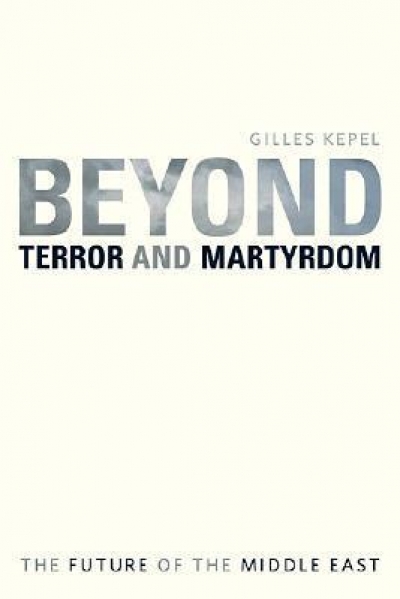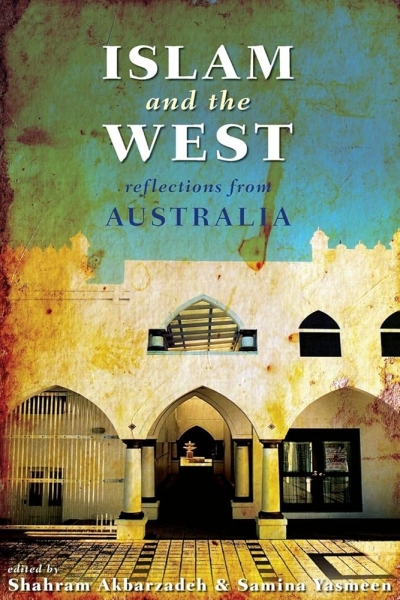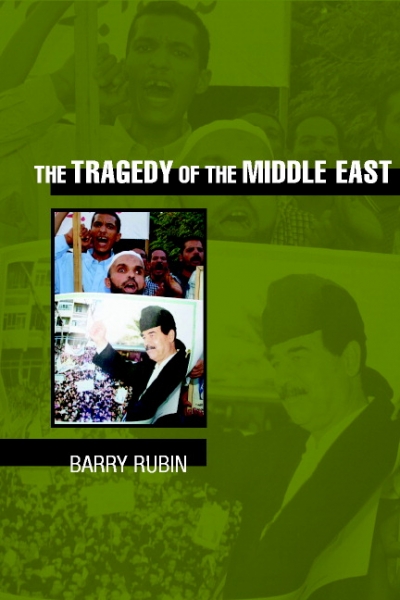Why is the Middle East anti-American? That is the core question in Barry Rubin’s flowing account of contemporary politics in that turbulent region of the world. As the director of Global Research in International Affairs in Israel, with a long history of research and publication on the Middle East and US foreign policy towards the region, Rubin is confident of his assessment. He is a prolific writer with some forty books to his name. The present one, The Tragedy of the Middle East, appears to comprise reflections based partly on the collection of media-excerpts and publications by Islamic groups in the wake of the September 11 attacks, published separately as an edited volume, Anti-American Terrorism and the Middle East (2002), although there is no acknowledgment in this book of such a link. The theme of anti-Americanism has also provided the material for a more recent book by Rubin titled Hating America: A History (2004).
...
(read more)




